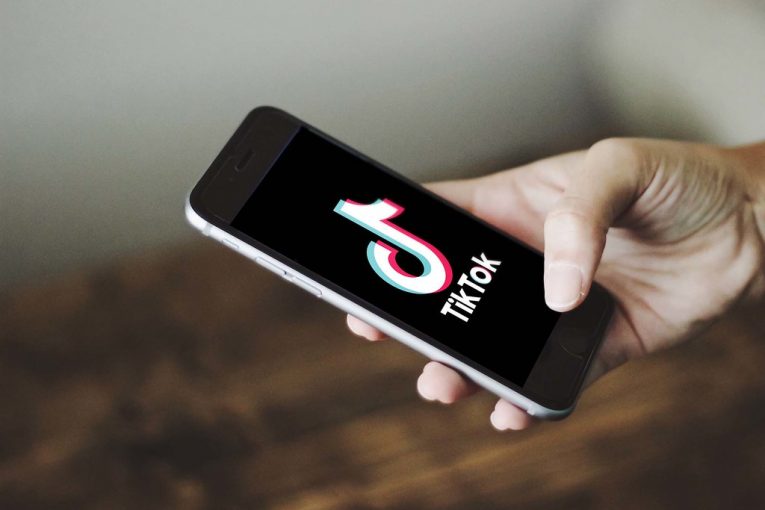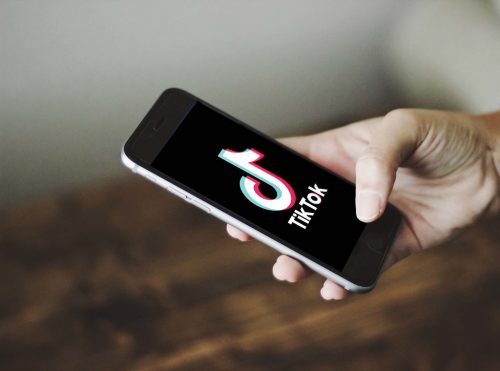

By Naya Lee
MONTANA— On May 22, 2023, TikTok sued the state of Montana on the basis that First Amendment rights were violated after the state’s governor Greg Gianforte signed the bill banning TikTok downloads.
The basis of the ban apparently comes from “protecting” US users’ data and private information from the Chinese government. TikTok claims this accusation is “unfounded.” There is also fear about China “pushing propaganda” and influencing users.
The question of China’s access to user data goes back to Mar. 2023 when TikTok CEO Shou Zi testified before Congress about the issue. Clips of the hearing have gone viral on TikTok and many comment on the livestream, claiming that the hearing is more of a “bullying session” than a legitimate hearing.
Many users have mocked congress members on the TikTok platform, claiming that the congressmen were incredibly biased and unknowledgeable about how technology works. Others have also pointed out that other American-based social platforms such as Facebook and Instagram don’t face the same scrutiny when it comes to user privacy and data.
The terms of Montana’s ban states that mobile app stores would be fined $10,000 a day in the case that the app is available to download.
TikTok spokesperson Brooke Oberwetter makes a statement on Twitter, arguing, “We are challenging Montana’s unconstitutional TikTok ban to protect our business and the hundreds of thousands of TikTok users in Montana. We believe our legal challenge will prevail based on an exceedingly strong set of precedents and facts.”
The banning of TikTok may affect many who rely on the platform as a source of revenue and for those who rely on the app to spread/receive information. There are also possibilities these bans will extend to other foreign apps. As AP News mentions, Gianforte also states that other foreign apps will also be prohibited by Jun. 1. These apps include WeChat and Telegram Messenger.
The basis of the lawsuit stands on the claims that the ban not only violates the First Amendment, but also federal preemption, the commerce clause, and bill of attainder.
The First Amendment claims that the people’s right of speech is protected. Through the ban, many claim that the government is limiting both freedom of communication and expression.
The basis of this ban is a federal issue, not a state issue. The ban was instituted because of concerns over data exploitation by China, which are national security and foreign affairs issues dealt with under federal law. So the banning of TikTok on this basis, is outside the authority of the state.
The commerce clause limits the state authority, prohibiting it from interfering with the flow of interstate relations including but not limited to commerce. Since TikTok is an app used nationally, banning it in one state interrupts this flow of operation, therefore violating the commerce clause.
Lastly, the bill of attainder emphasizes that the state of Montana decided not to regulate the use of TikTok, but to completely ban it based on pure speculation and with no concrete evidence. It is also the only app that has been singled out.
As this lawsuit proceeds, questions about civil rights arise and if other states have plans to also adopt the ban. So far, social backlash has been aggressive in maintaining that TikTok should remain free for everyone to use.